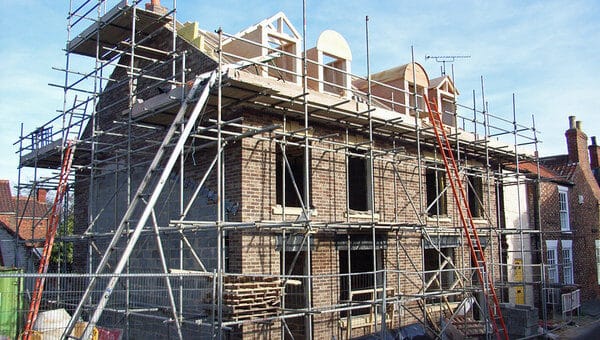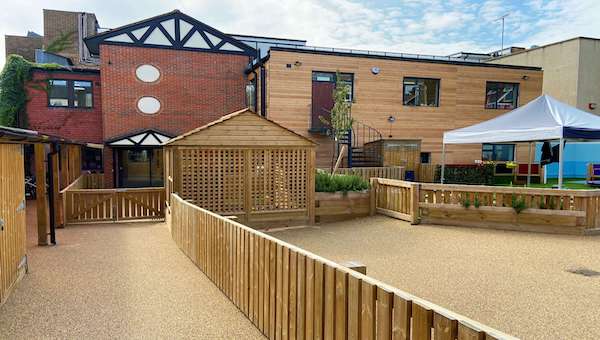The UK’s well documented housing shortage, and the efforts made to address it, have not prevented the marked decline of small house builders in recent years. COVID-19 has posed additional challenges, although lenders have been able to assist individual firms with products under the Coronavirus Business Interruption Loan Scheme (CBILS) and Bounce Back Loan Scheme.
The market share occupied by small house builders fell from 28% in 2008 to 12% in 2015 [1]. Previous research from the NHBC Foundation lists (a) the planning process, (b) the availability and cost of land and (c) the availability of finance as the main factors inhibiting growth [2].
Since 2015 Fiduciam has endeavoured to provide relationship-based project financing for a range of SMEs, including house builders. We have sought to assist developers grow by offering flexible finance solutions that help accelerate their project cycle through the transfer of equity from one project to the next.

The typical Fiduciam house builder is developing three to ten units. We like to see a track record of completed previous projects and a willingness to engage with a lender. Works are funded through drawdowns approved by the appointed project monitor. Loan terms are generally 18 to 24 months for ground up projects and a little less for other schemes.
COVID-19 has impacted house builders in a variety of ways. We have seen borrowers affected by closed sites, limits to the number of workers on site, the reduced availability and higher cost of materials, and planning and utility connection delays. These construction delays, accompanied by the impact of social distancing restrictions on viewings, have prompted cash flow headaches and the risk of development loans running overtime.
Fiduciam has provided fresh funding to developers throughout the COVID-19 pandemic, including facilities under the Coronavirus Business Interruption Loan Scheme. This scheme seeks to assist SMEs with their additional liquidity requirements prompted by the disruption. Fiduciam has utilised the scheme to help provide individual house builders with the time and resources they require to finish existing projects and confidence to start works on new sites. The full impact of COVID-19, and support schemes such as CBILS, on house builders and housing supply will not be known for some time.
Fiduciam has been accredited by the British Business Bank to offer loans under CBILS. Delivered through British Business Bank accredited lenders, CBILS is designed to support the continued provision of finance to UK smaller businesses during the Covid-19 outbreak. The scheme enables lenders to provide facilities of up to £5m to smaller businesses across the UK who are experiencing lost or deferred revenues, leading to disruptions to their cashflow.
References:
[1] Department for Communities and Local Government (2017). Fixing our broken housing market.
[2] NHBC Foundation (2017). Small house builders and developers.













